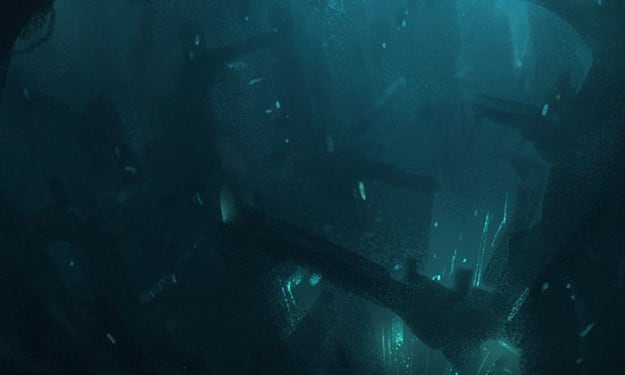"Isolation Odyssey: Journeying to Earth's Loneliest Corners"
"Exploring the Most Remote Places on Our Planet, Where Solitude Stretches Beyond the Horizon"

In the grand tapestry of our world, it's a common misconception to think that humanity has left no stone unturned, that every nook and cranny has been explored and claimed by the march of progress. As we look around at our bustling cities and seemingly interconnected lives, the notion of true wilderness and solitude may appear to be a distant relic of bygone eras. But the reality is far more captivating, inviting us to embark on a thought experiment: How far can one escape from the proximity of fellow humans?
Consider a teleportation to Tristan Da Cunha, an island that stands as the epitome of remote habitation. A mere 264 souls inhabit this isolated haven, surrounded by a vast 2,000 kilometers of ocean. The nearest continent, Africa, looms a staggering 2,400 kilometers away. The absence of an airport means that intermittent boat journeys from South Africa, occurring just 8 or 9 times a year, become the sole lifeline to the rest of the world.
Now, let's transport ourselves to the heart of solitude, the center of Devon Island in the Canadian archipelago. Spanning a territory comparable to Croatia, this landmass harbors not a single soul—just you, amidst complete seclusion. To seek the company of the closest town, Resolute, housing a mere 229 individuals, an 80-kilometer boat journey becomes a necessity.
The South Pole, once deemed the zenith of isolation, has now transformed into a bustling research station accommodating up to 150 scientists. Redirect your gaze instead to the farthest point in Antarctica, 878 kilometers from the South Pole. Here lies an eerie landscape, untouched since the Soviets first reached it in 1958, marked only by a Lenin bust peering into the vast nothingness. The last human presence was recorded in 2011, leaving you with a choice: endure the wait or embark on the arduous journey to the South Pole research station.
Yet, claiming the title of the most remote land on Earth is Bouvet Island in the South Atlantic. Frozen, uninhabited, and peculiarly claimed by Norway, this lonely outpost's only companions are the distant Queen Maud land, 1,600 kilometers away, and Tristan Da Cunha, separated by 2,260 kilometers.
Venturing beyond terrestrial realms, the Marianas Trench, nearly 11 kilometers below the ocean's surface, emerges as the epitome of true isolation. A testament to human endeavor, only three souls have ever descended to these depths, the last making the journey in 2012. An intriguing fact surfaces: more individuals have walked on the moon than explored the ocean's profound depths.
Now, set your sights on the desolation of the Arctic Ocean—a shifting pack of ice devoid of any permanent structures. The closest human presence resides on Ellesmere Island, with a population of a mere 146, situated 1,638 kilometers away. Remarkably, no one has ventured to this desolate point, offering an open canvas for those yearning to etch their name in history alongside explorers like Magellan.
In a grand finale, plunge into the Pacific's abyss, into the clutches of Point Nemo, Earth's ultimate isolation. This remote locale stands as the loneliest spot on our planet, a staggering 2,689 kilometers from the nearest inhabited land, Easter Island. The fastest recorded time to reach this desolation by boat took 15 days, 10 hours, and 37 minutes—an arduous journey surpassing even the distance from the U.S. west to east coast.
Consider the isolation: drifting alone, with the potential for the closest companionship being the astronauts orbiting above in the International Space Station, a mere 416 kilometers away. It's a surreal reality, where isolation transcends vast oceans and desolate lands, reaching into the cosmic expanses of our planet.






Comments (2)
great article
This is amazing work you can join my friends and read what i have just prepared for you